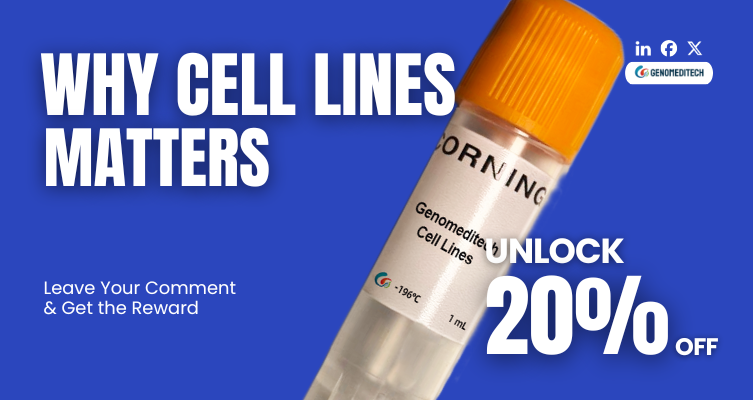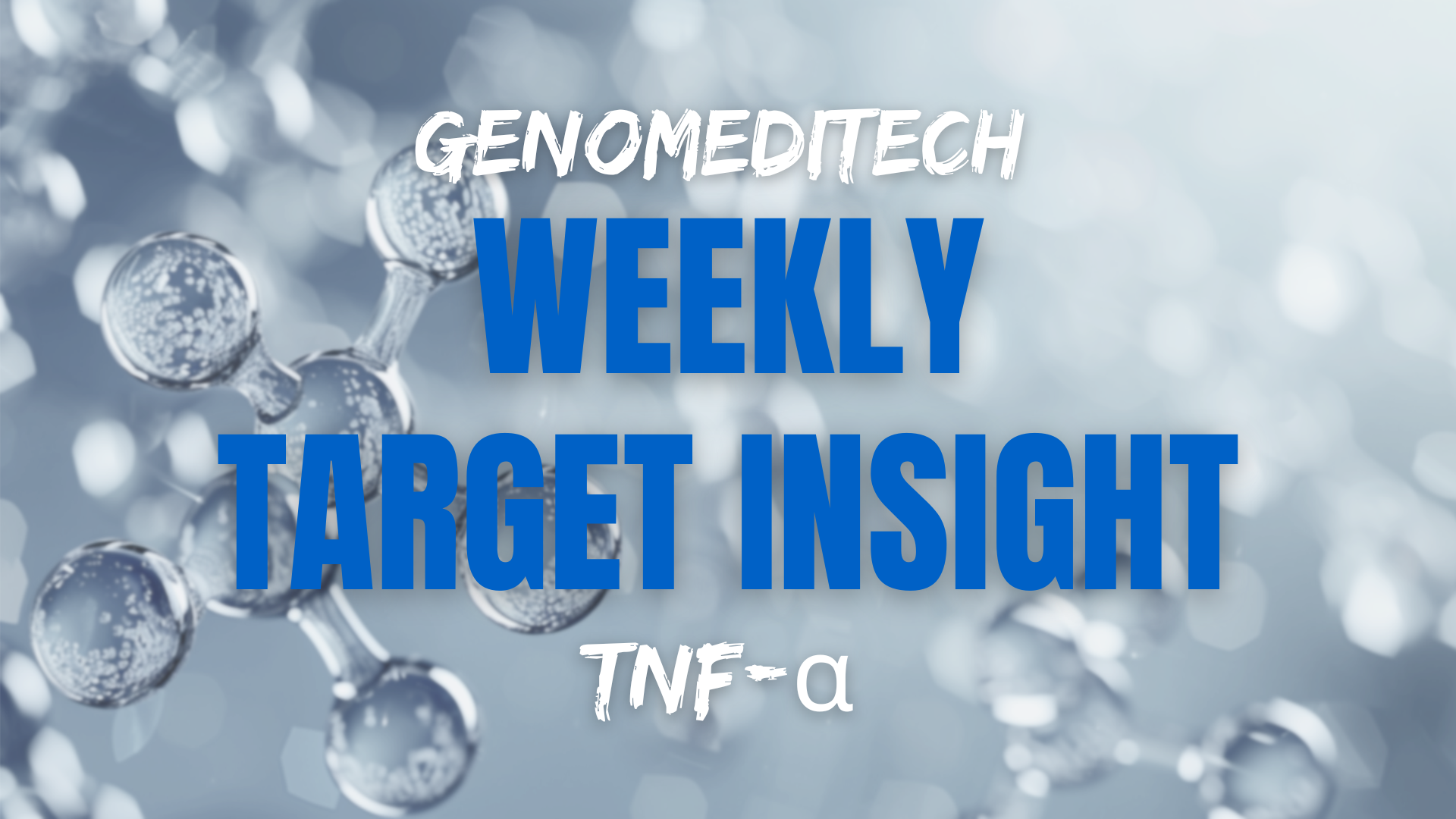GSK plc (LSE/NYSE: GSK) and Boston Pharmaceuticals, a leading clinical stage biopharmaceutical company developing highly targeted therapies for patients with serious liver diseases, today announced that they have entered into an agreement under which GSK will acquire Boston Pharmaceuticals’ lead asset, efimosfermin alfa. Efimosfermin is a phase III-ready, potential best-in-class, investigational specialty medicine to treat and prevent progression of steatotic liver disease (SLD). Under the agreement, GSK will pay $1.2 billion upfront, with potential for additional success-based milestone payments totalling $800 million. Learn more about our FGF21 catalog
Efimosfermin is a novel, once-monthly fibroblast growth factor 21 (FGF21) analog therapeutic in clinical development for the treatment of metabolic dysfunction-associated steatohepatitis (MASH), including cirrhosis, and future development in alcohol-related liver disease (ALD), both forms of SLD. Given efimosfermin’s direct antifibrotic mechanism of action and GSK’s data-driven insights from work in human genetics and disease phenotyping, it has potential to address more advanced stages of SLD and opportunity in combination with GSK’990, a siRNA therapeutic in development for other subsets of patients with SLD.
The acquisition of efimosfermin is highly aligned to GSK’s R&D focus on science related to the immune system and is further evidence of the company’s intent to build on its deep understanding of fibrosis and auto-inflammation to develop precision interventions that stop and reverse disease progression.
SLD represents an area of significant unmet medical need affecting approximately 5% of the global population with limited therapeutic options for patients. SLD, including MASH and ALD, is characterised by the accumulation of fat in the liver (steatosis), with associated inflammation and fibrosis. ALD affects about 26 million patients globally, and together with MASH, is the leading cause of liver transplant in the US, representing a significant burden and cost on healthcare utilisation. Substantial and disproportionate costs are associated with end-stage liver disease. Interventions that reduce moderate-to-advanced fibrosis to prevent progression of cirrhosis, liver cancer, hospitalisations and transplant could save the US healthcare system between $40 - 100 billion over the next two decades.
Recent data from a phase II trial of efimosfermin, designed to assess the efficacy and safety of a monthly subcutaneous dose in participants with biopsy-confirmed moderate-to-advanced (F2 or F3) MASH, showed that efimosfermin rapidly and significantly reversed liver fibrosis and stopped its progression, with a manageable tolerability profile. These data suggest potentially greater fibrosis improvement compared to that seen with other therapeutic approaches and with benefit expected independent of background glucagon-like peptide-1 (GLP-1) therapy. In addition, efimosfermin could offer triglyceride reduction and improved glycaemic control, important considerations for MASH patients who frequently face cardiometabolic co-morbidities. Efimosfermin’s unique properties, including low immunogenicity and an extended half-life, also offer the potential for a monthly dosing regimen and improved patient convenience. Full data from the trial was presented at the American Association for the Study of Liver Diseases (AASLD) Meeting in November 2024.














